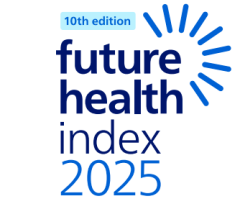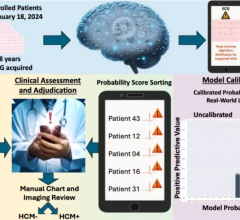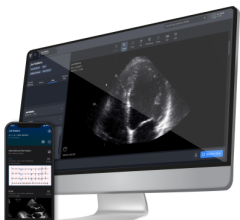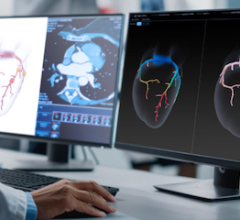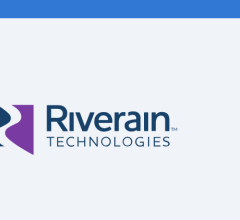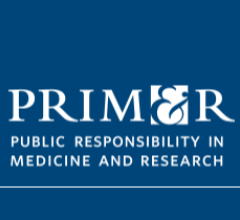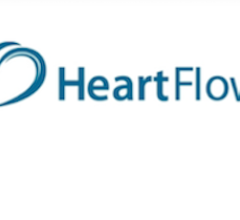
Feb. 6, 2025 — Eko Health, a leader in applying artificial intelligence (AI) for the early detection of heart and lung diseases, recently announced publication of a peer-reviewed study evaluating its novel algorithm for the detection of pulmonary hypertension (PH).
The study, which was published in the Journal of the American Heart Association (JAHA), highlighted the algorithm’s ability to analyze heart sounds recorded with a digital stethoscope for identifying elevated pulmonary artery systolic pressures, a key indicator of PH.
The study underscores the potential of this non-invasive, rapid detection tool to aid clinical decision-making in primary care and other settings where costly or invasive diagnostic methods are less accessible. Additionally, the algorithm demonstrated its ability to pinpoint specific, clinically relevant segments of heart sound recordings, offering a transparent and explainable AI approach that aligns with physicians’ diagnostic workflows.
"This innovative approach demonstrates how combining digital stethoscopes with advanced AI can lead to a low-cost, non-invasive, point-of-care screening tool for the early detection of pulmonary hypertension," said Dr. Gaurav Choudhary, Lead Principal Investigator, and Ruth and Paul Levinger Professor of Cardiology at the Alpert Medical School of Brown University. "Our findings represent a significant advancement in clinical practice that can ultimately enhance patient care."
The study used 6,000 heart sound recordings paired with echocardiographic pressure estimates to train the AI model. The algorithm demonstrated strong performance, with an average area under the receiver operating characteristic (AUROC) curve of 0.79, a sensitivity of 71%, and a specificity of 73%. Ongoing data collection from over 1,200 patients continues to refine the model’s accuracy and clinical utility, with the goal of further improving detection capabilities for broader clinical use.
"These encouraging results highlight Eko Health’s unwavering commitment to advancing innovation in cardiopulmonary health," said Dr. Steve Steinhubl, Chairman of Eko’s Scientific Advisory Board. "The company’s goal is to develop pioneering AI solutions that address significant gaps in healthcare delivery. Early detection and intervention are essential in addressing cardiovascular diseases, and Eko is dedicated to providing accessible and scalable technologies that empower healthcare providers while improving patient care globally."
Pulmonary hypertension, characterized by elevated pressure in the blood vessels connecting the heart and lungs, places significant strain on the heart and can lead to heart failure, early disability, or mortality if left untreated. Despite being a serious condition, PH is often underdiagnosed due to the limited availability of effective detection tools. The condition is also present in people with heart and lung diseases and is estimated to impact up to 10% of people aged 65 and older globally, with millions more affected under the age of 65. Alarmingly, in severe cases, it can take over two years from the onset of symptoms to receive a proper diagnosis.²
Eko’s algorithm was partially funded through a $2.7 Million Small Business Innovation Research (SBIR) grant awarded by the National Institutes of Health (NIH) to Eko and Dr. Choudhary. The funding supported a collaboration with Brown University Health System’s Cardiovascular Institute, enabling research into innovative early detection methods for conditions that demand timely intervention.
For more information on Eko Health, please visit www.ekohealth.com.


 September 24, 2025
September 24, 2025 
